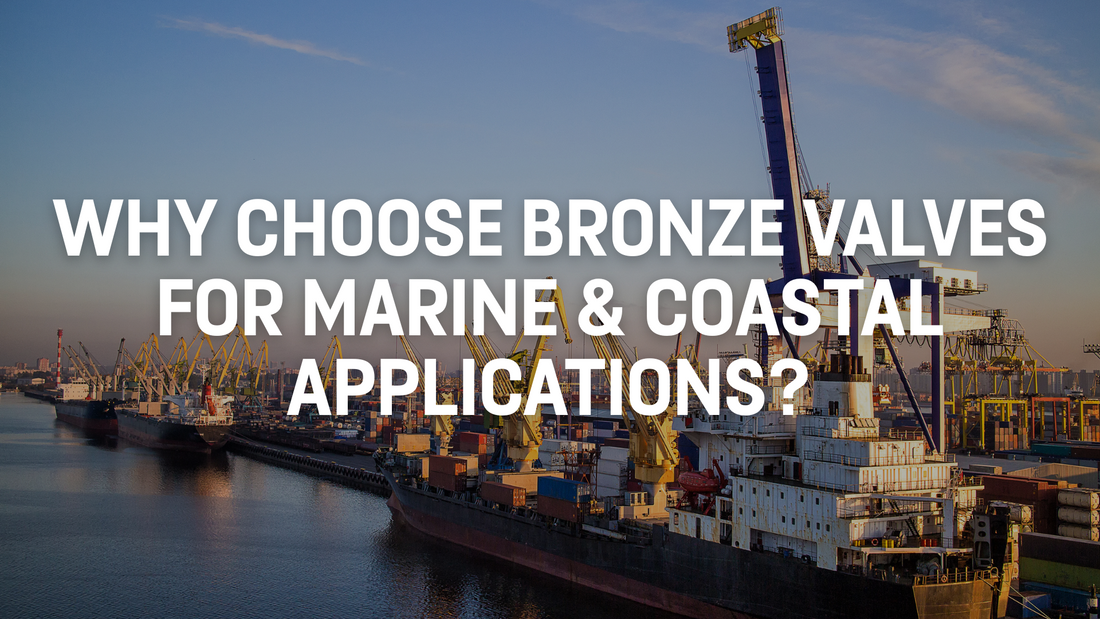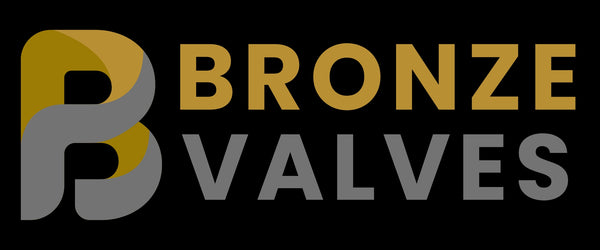
Why Choose Bronze Valves for Marine & Coastal Applications?
Why Choose Bronze Valves for Marine & Coastal Applications?
Key Points:
Naturally corrosion-resistant in saltwater environments
Durable construction ideal for harsh coastal conditions
Trusted choice for shipbuilding, offshore platforms & port infrastructure
The Ideal Valve Material for Marine Environments
When it comes to marine and coastal applications, not all valve materials are created equal. Constant exposure to saltwater, fluctuating temperatures, and harsh atmospheric conditions demand components that can stand up to the challenge. That’s where bronze valves come in — a time-tested solution for environments where corrosion and reliability are critical factors.
Bronze, an alloy typically made from copper and tin (with other metals such as zinc or lead added for performance), offers excellent resistance to seawater corrosion. This makes bronze valves a preferred choice for marine engineers, shipbuilders, and coastal facility managers who require consistent performance over time.
Why Bronze Stands Out in Saltwater Conditions
Unlike materials such as cast iron or carbon steel, which are highly vulnerable to corrosion when exposed to saltwater, bronze forms a natural protective oxide layer. This protective film helps shield the metal underneath from further degradation — reducing the risk of valve failure, leaks, or costly downtime.
Key advantages of bronze valves in marine applications include:
Corrosion Resistance: Bronze’s resistance to chloride-induced corrosion makes it ideal for saltwater and humid coastal air.
Mechanical Strength: Despite being softer than stainless steel, bronze is highly durable and maintains structural integrity under pressure.
Low Maintenance: With fewer corrosion-related issues, bronze valves typically require less frequent maintenance and inspection.

Where You’ll Find Bronze Valves in the Marine Industry
Bronze valves are commonly used in a wide range of marine systems and coastal installations. These include:
Ballast water systems
Cooling water lines
Bilge systems
Fuel oil and lubrication systems
Desalination and RO plants
Dockside water control points
They're also widely trusted in naval ships, commercial vessels, oil & gas platforms, and harbour-side infrastructure due to their long service life and compatibility with seawater systems.
Compliance & Material Certifications
Many bronze valves used in marine applications are manufactured to meet international standards such as ASTM B61 and B62 for bronze castings. Additionally, they may be tested and certified by bodies like Lloyd’s Register or DNV for use in regulated marine environments — providing extra peace of mind for buyers and engineers.

Final Thoughts: A Trusted Choice for Coastal Reliability
If you're working in or supplying to the marine sector, bronze valves offer a cost-effective, long-term solution for saltwater-facing applications. Their corrosion resistance, mechanical durability, and reputation for reliability make them a go-to choice for engineers looking to minimise maintenance while maximising operational safety.


